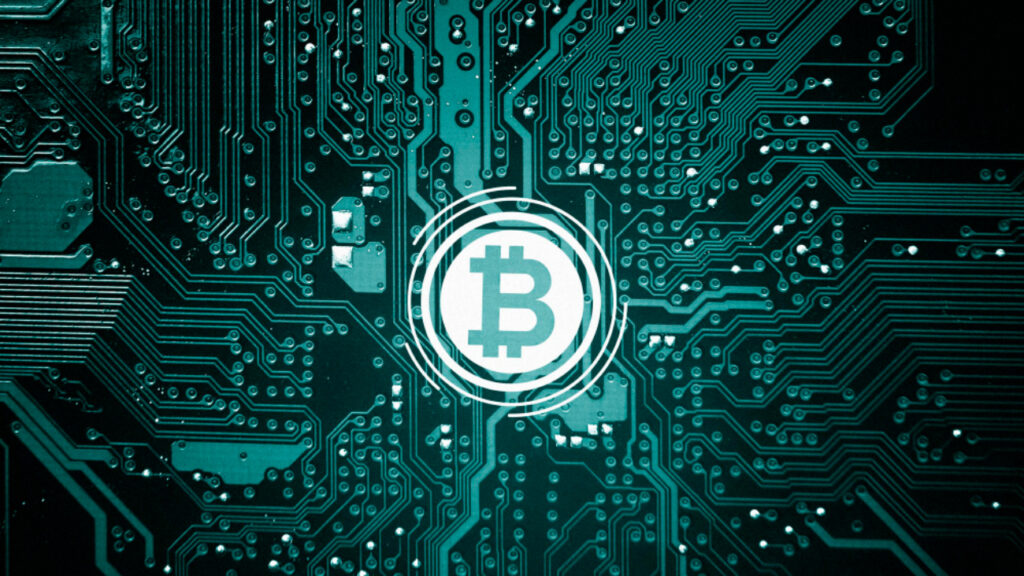Blockchain technology, famously known as the crux of cryptocurrencies such as Bitcoin, has been gaining quick traction in different industries feels Bahaa Abdul Hussein. An area where blockchain is portraying immense potential is in P2P or peer-to-peer lending. Blockchain’s secure and decentralized nature addresses numerous challenges faced by conventional P2P lending platforms, offering a range of benefits to both borrowers and lenders.
A Boost to Security and Transparency
Blockchain boasts of a distributed ledger technology that ensures that all transactions and records are immutably stored securely over several nodes. This innate transparency decreases the risk of fraud and promotes trust in participants in the P2P lending arena. Borrowers and lenders can simply access the complete history of a loan, comprising repayments, terms, and interest rates, ensuring transparency in the total lending process.
Automation With Smart Contracts
Blockchain makes available the use of smart contracts. These are self-executing contracts with predetermined terms that are written into code. Smart contracts execute loan repayments and disbursements automatically, based on predetermined conditions. Consequently, intermediaries are eliminated and administrative costs are reduced. Such automation stands to streamline the lending process so that it is more cost-effective and efficient.
KYC and Verification of Identity
Blockchain has specific cryptographic features that can facilitate decentralized and secure identity verification for borrowers. This may aid in preventing identity fraud, ensuring borrowers meet Know Your Customer (KYC) requirements.
Worldwide Accessibility
Blockchain functions on a decentralized network, so it is accessible to anyone who has an internet connection. This international reach can broaden the pool of possible lenders and borrowers, fostering inclusion on the global stage.
Reduced Costs
By avoiding intermediaries and other central authorities, blockchain-oriented P2P lending platforms can significantly bring down transaction charges and operational expenses. Borrowers may access loans at low interest rates, and lenders may earn high returns on investments.
Credit Scoring Becomes Decentralized
Traditional P2P lending relies excessively on credit scoring agents, but blockchain-oriented systems leverage alternate data sources for assessing credit. Decentralized credit scoring systems have the ability to consider many factors, like utility bill payments, social media activity, and other non-conventional data. These offer a more comprehensive picture of the creditworthiness of a borrower.
The Rise of Blockchain in P2P Lending
Blockchain technology is immensely revolutionizing the P2P lending space by enhancing transparency, security, and overall efficiency. Its decentralized nature is where it wins accolades to provide functions that build trust in consumers and lenders and borrowers. With its distinctive ability to automate functions and generate seamless processes, it is a gamechanger in the current digital age and for the future.
Thank you for your interest in Bahaa Abdul Hussein blogs. For more information, please visit www.bahaaabdulhussein.com





